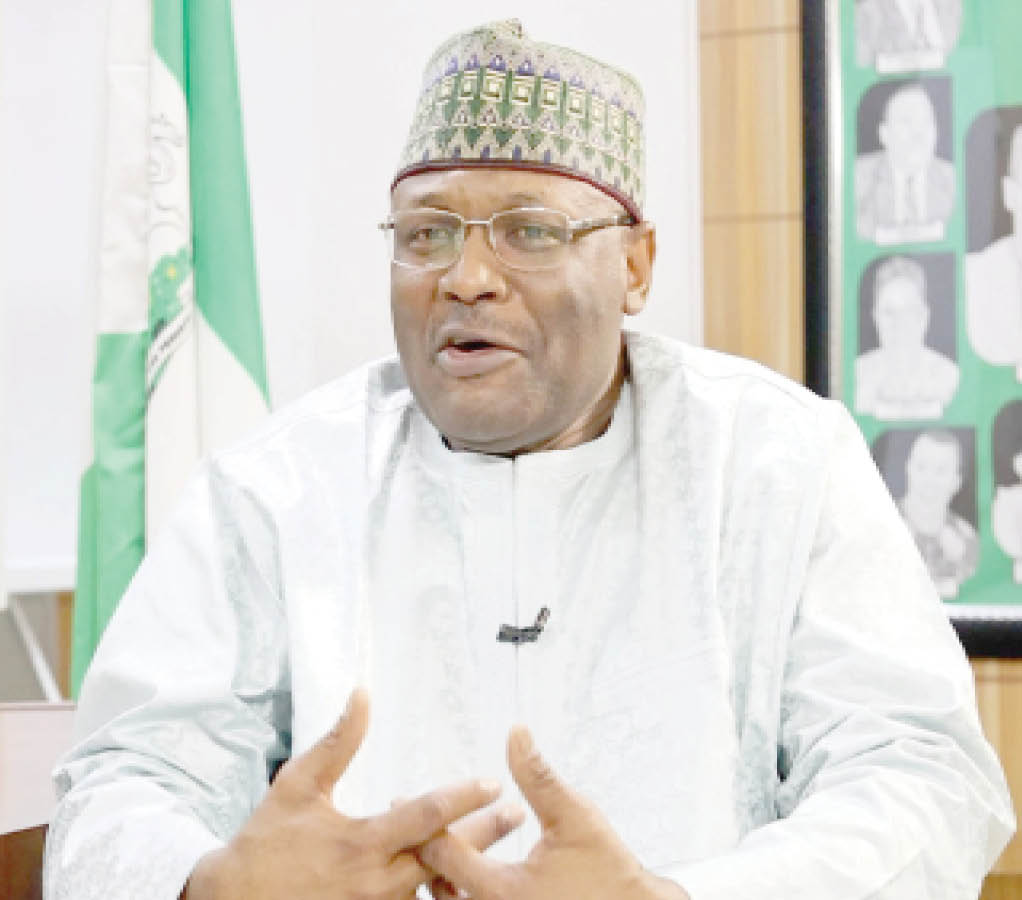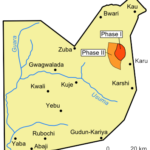With few days to the 2023 general elections, lawyers are evaluating the provisions of the Electoral Act, 2022, about concerns of violence and insecurity marring the process.
The Chairman of the Independent National Electoral Commission (INEC), Prof Mahmood Yakubu, last year expressed concerns that insecurity may hamper elections in some parts of the country.
Yakubu said the insecurity in the country was concerning, noting that the security challenge which was hitherto restricted to the North-East region has now spread to other parts of the country.
The Electoral Act, 2022, as amended, has several provisions against electoral violence, especially under sections 125 and 128 with punishment of acts of acts of disoderly conduct, incitement or threats and infliction of injury, abduction duress, etc at polling centres, ranging from 12 months imprisonment or a fine of N500,000 or both to three years imprisonment or a fine of N1 million or both.
However, lawyers are weighing on the applicability of the provisions of Section 24 of the Electoral Act, 2022, as amended, which focuses on preventive measures to electoral violece, especially of serious nature as to force a postponement of the election.
Such a postponement could provide the electoral umpire the room to arrange proper security arrangement for voting to hold in the affected areas.
Provisions of Section 24
Section 24(2) holds that “where a date has been appointed for the holding of election and there is reason to believe that a serious breach of the peace is likely to occur if the election is proceeded with on that date or it is impossible to conduct the elections as a result of natural disasters or other emergencies, the Commission may postpone;
Sub-section 3 “where an election has commenced and there is reason to believe that there is or has been substantial disruption of election in a polling unit or constituency or it is impossible to continue with the election occasioned by threats to peace and security of electoral officials and materials, the Commission shall suspend the election and appoint another date for the continuation of the election or the process;
Sub-section (4) reads that “where the Commission appoints a substituted date in accordance with subsections (2) and (3), there shall be no return for the election until polling has taken place in the area or areas affected.”
Sub-section (5) “notwithstanding subsection (3), the Commission may, if satisfied that the result of the election will not be affected by voting in the area or areas in respect of which substituted dates have been appointed, direct that a return of the election be made.”
Electoral Act has guaranteed elections
Nnamdi Ahaiwe Esq said the provision implies that elections would hold in most parts of the country and that anybody eager to exercise their mandate, would not be able to do so.
“I don’t see the insecurity would affect anything; the impact, for instance in the South East, would be minimal because security operatives of all kinds usually take charge during elections,” he said.
Similarly, E.M.D. Umukoro Esq said Section 24(1) to (6), like any other provisions of the law, “is intended to cure a mischief or take care of an identified problem,” adding that it could, however, create a legal landmine waiting to be detonated by any disgruntled contestant.
He said, “Therefore, it is in the interest of all parties (security agents, voters, politicians and the commission) to ensure there is no untoward breach of the peace.
“The only solution will be the judiciary whose decision as to what amount to a breach of the peace must be given the strictest interpretation to favour the advancement of the process than to allow the scuttling of the process by some unpatriotic politician.”
INEC retains the discretion to postpone polls
However, Barrister Abubakar Sanni believes the provision for the postponement of the election rests on INEC’s discretion.
He said, “INEC has the sole discretion of postponing/rescheduling an election based on its assessment of the risk in terms of security or any emergency.
“It is inappropriate to force the Commission’s hand or dictate to it to make that judgment.
“Such calls negate or undermine its independence which is constitutionally guaranteed.”
Hamid Ajibola Jimoh Esq said the provisions cited in the law are subject to the provisions of Section 24(5) and (6) which brings the discretion of INEC into it in terms of determining at what point to call the result.
“In all INEC has a great role to play in this election regardless of areas where the election did not hold,” he said.
“If the insecurity-affected areas are in the minority, it may not have any consequence on the final result of the election as the results in most parts of the country would be enough to declare the winner.”
Jimoh added that sub-section 6 provides for a legal challenge if the winner is not satisfied with the discretion exercised by INEC under Section 24(5) of the Electoral Act.
By John C. Azu & Adelanwa Bamgboye, Lagos

 Join Daily Trust WhatsApp Community For Quick Access To News and Happenings Around You.
Join Daily Trust WhatsApp Community For Quick Access To News and Happenings Around You.


